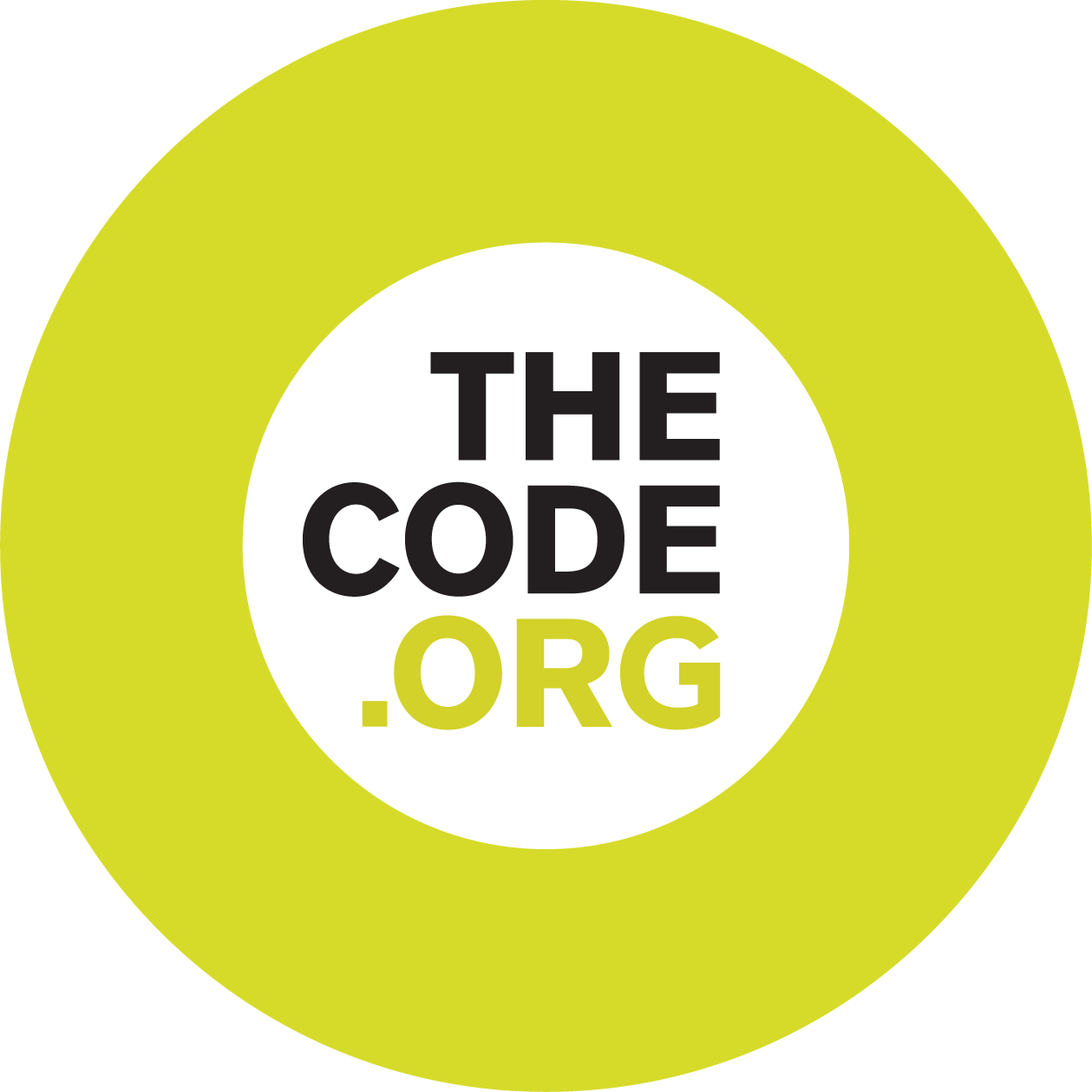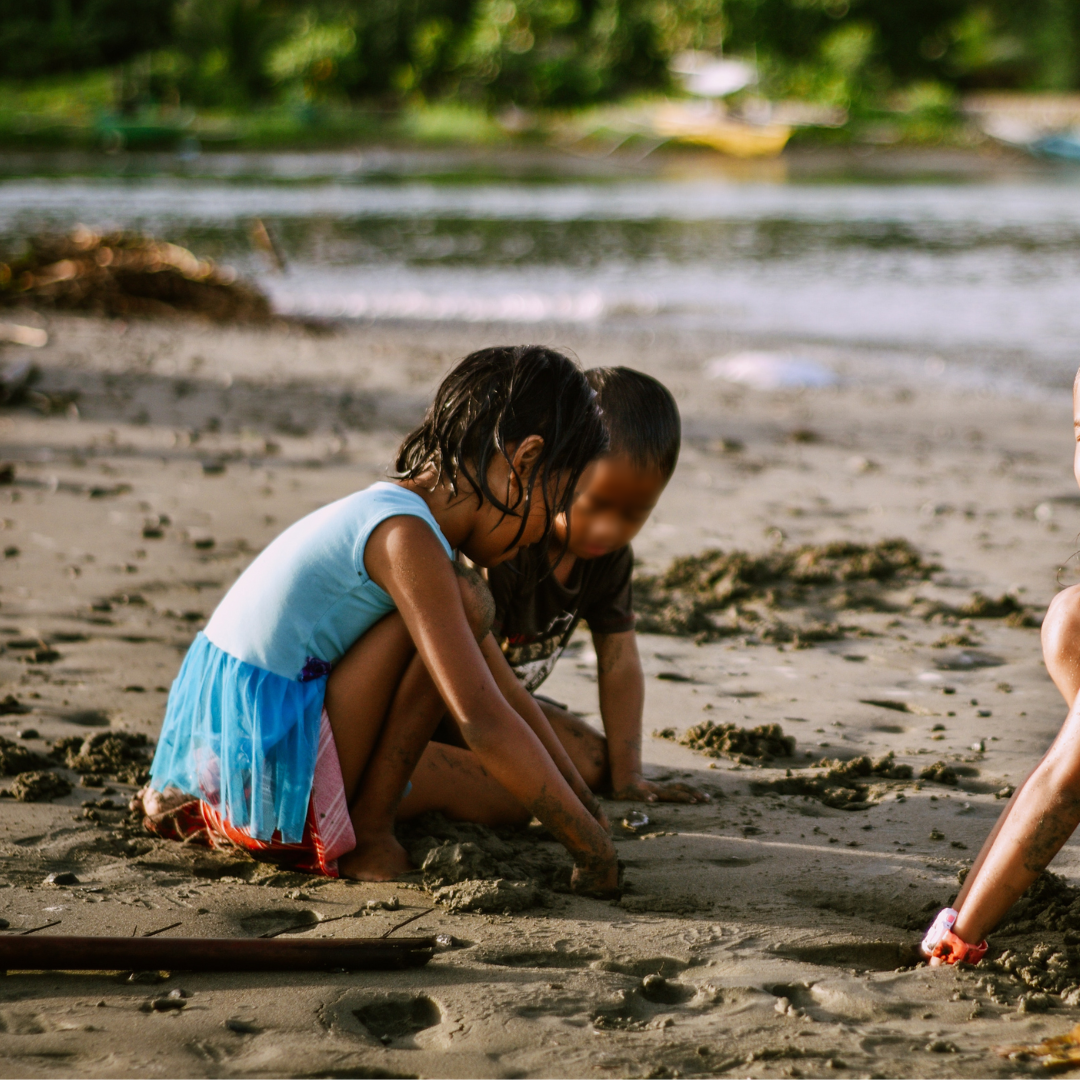“Sexual exploitation in travel and tourism has a child’s face! No country is untouched by this phenomenon and no child is immune.”
– Marta Santos Pais, Former UN SRSG on Violence Against Children
The sexual exploitation of children in travel and tourism is a global issue defined as “acts of sexual exploitation of children, which are embedded within the context of travel, tourism, or both.” It encompasses a broad spectrum of child exploitation, including through prostitution and pornography, the production of online child abuse material, early and forced child marriages, and in the sale and trafficking of children in all its forms. In some countries, voluntourism and orphanage tourism are examples of avenues through which offenders can access and exploit children.
Efforts to address this issue have gained momentum through the Global Study on Sexual Exploitation of Children in Travel and Tourism and the resulting Call for Action from the first International Summit on Child Protection in Travel and Tourism, which significantly raised awareness and led to meaningful actions that contributed to protecting children.
However, the Covid-19 pandemic disrupted much of this progress, especially in countries heavily dependent on tourism income. Political instabilities, migration, natural disasters, migrations, wars, and emergencies have also exacerbated the socio-economic vulnerabilities of children.
Despite these challenges, the travel and tourism sector has begun to recover, with increasing attention on the issue of the sexual exploitation of children. Efforts have also been made to improve laws, policies, and enforcement, as well as more cooperation and collaboration between industry stakeholders and civil society organisations (CSOs). These joint efforts have been crucial in generating evidence and taking concrete action. Click here to read about the progress that has been made—Taking stock: Implementation of the recommendations of the Global Study on Sexual Exploitation of children in Travel and Tourism and the Call for Action from the International Summit on Child Protection in Travel and Tourism, ECPAT International, 2023.

Continued action is needed to drive holistic sustainability in travel and tourism that prioritises children’s right to live free from sexual exploitation and all forms of violence, including online contexts. International and regional intergovernmental bodies, governments, law enforcement, CSOs, and the private sector need to actively work together to end the impunity of the traveling child sex offenders and stop the sexual exploitation of children – from prevention to awareness-raising, and from reporting to blocking the pathways exploited by offenders – to promote and ensure rights for all children by prioritising action that protects children in the travel and tourism industry.
On 10 and 12 October 2023, ECPAT International and other partners hosted panel discussions unpacking two UN reports on child protection in travel and tourism, including on the phenomena of voluntourism to innovate, collaborate, and create solutions for child protection in travel, tourism, online and finance contexts. These events marked a crucial juncture in the international commitment to child protection in travel and tourism, with the combined insights and collaborative efforts poised to reshape the landscape of sustainable development. Access key resources from both events here.
As part of efforts to amplify the voices of children and empower them, ECPAT International’s members from the Americas, Asia, Africa, Europe, and MENA will be engaging in dialogues with children in their respective countries, specifically on child sexual exploitation in travel and tourism. Organised by the SRSG, the perspectives and insights gained during the Dialogues with children on the margins of the UN General Assembly 2023 will directly influence the SRSG’s presentation at the United Nations General Assembly 2023, driving child-centred solutions to combat violence against children in travel and tourism.
The Code (short for “The Code of Conduct for the Protection of Children from Sexual Exploitation in Travel and Tourism”) is a multi-stakeholder initiative with the mission to provide awareness, tools, and support to the tourism industry. It helps companies to assess risks and impacts on children, understand the issue of sexual exploitation of children, and how to take action to prevent this crime.
Offenders take advantage of unregulated travel and tourism services and infrastructures to commit their crimes. That’s why working with the travel and tourism industry is critical to keeping children safe and ending the impunity of offenders.
Learn more about The Code and its six criteria here including its voluntourism policy.

As part of the project “Building sustainable tourism destinations that protect children from sexual exploitation” in Costa Rica and Ecuador, ECPAT International has partnered with Fundación Paniamor (Costa Rica) and Fundación Quitu Raymi (Ecuador) to hold a series of child and youth-led workshops aimed at developing child participation models for application by governments and the private sector.
Participatory, inclusive, and child rights-based approaches are key to influencing the discourse on sustainability, which tends to be dominated by Global North countries with limited perspectives and perceptions of those directly affected by tourism developments. The pilot project provides opportunities for children and young people of all socio-ethnic backgrounds and genders that live in tourist destinations to meaningfully contribute to the development of community-based and sustainable tourism strategies to improve their reach, impact, and effectiveness. The child participation models will be popularised among tourism authorities and businesses, for an increased engagement and capacity of the private sector to meet their obligations under due diligence laws, and legal and policy standards. The project also aims to improve government prevention responses while shaping destinations informed by the needs and perspectives of the local communities and in particular, children.
The project “Building sustainable tourism destinations that protect children from sexual exploitation” is implemented with support of the Deutsche Gesellschaft für Internationale Zusammenarbeit (GIZ) GmbH on behalf of the German Federal Ministry for Economic Cooperation and Development (BMZ).

In Phang Nga, Thailand, the “Together to End Sexual Exploitation of Children in Travel & Tourism in Phang-Nga” project helps to strengthen the capacity of travel and tourism businesses, establish child protection network to prevent and respond to the sexual exploitation of children and empower children and youth to defend themselves against sexual exploitation, report cases and access services.
Implemented in partnership with ECPAT Foundation Thailand, Phang-Nga Children’s Home, and DISAC Surathani, this vital collaboration engages with the local community and children from vulnerable groups, including out-of-school children, migrant and undocumented children, and children from fishing communities.
Simultaneously, the project works to socially and economically empower disadvantaged youth through the TUI Academy (established by TUI Care Foundation, Plan International and Defence for Children ECPAT in collaboration with ROBINSON Khao Lak), which offers youth job opportunities in the tourism industry.
The project is funded by the Government of the Netherlands and TUI Care Foundation through DCI-ECPAT Netherlands. The TUI Academy Thailand is co-financed by Fund against Child Labour, commissioned by the Netherlands Ministry of Foreign Affairs and is implemented together with TUI Care Foundation, Plan International, Defence for Children ECPAT and ROBINSON Khao Lak.

In Cambodia, Sri Lanka, and The Philippines, the project’s key change pathway focuses on the translation of commitments and progress made by the regional bodies, governments, and businesses towards improving child protection measures – specifically in relation to regulating voluntourism – into actionable and replicable models1. The pilot experiences from the selected three countries in Asia, based on targeted advocacy interventions with key changemakers, will result in the publication of a case study of actionable models for global and regional uptake.
The project also aims to generate sectoral momentum by equipping tourism associations and schools in Asia and other regions to become part of the child protection system.
Visit our Regulating Voluntourism – Resource Hub for resources, case studies, and communications materials developed to support your actions and efforts to address the risks and harmful impacts of voluntourism on children worldwide.
The project Strengthening Child Protection System in the Travel and Tourism Context is implemented with the financial assistance of UBS Optimus Foundation.
1. The actionable models will be built considering that the Legal Checklist with an assessment matrix was endorsed by the ASEAN Inter-Parliamentary Assembly (AIPA) and The South Asian Initiative to End Violence Against Children (SAIEVAC), to improve law and policy frameworks based on the country’s legal analysis indicating the gaps in legal and policy frameworks for Cambodia, Sri Lanka and The Philippines, reflected also in the regional overviews. It will also build upon progress in implementing The Code’s Voluntourism Policy launched at the Destination Mekong Summit, and other evidence including from Better Care Network report on Implementing the Legal Framework for the Prosecution of Orphanage Trafficking in Cambodia.

ECPAT International, as a technical partner of DCI-Netherlands and as part of the Down to Zero Alliance (Terre des Hommes Netherlands, Plan International Netherlands, Defence for Children – ECPAT, Free a Girl, CRC Asia, and Conexión) is working alongside civil society organisations in the Philippines, Thailand, Laos, Indonesia, Bangladesh, Nepal, India, Brazil, Bolivia, Colombia, Guatemala, and the Dominican Republic to empower children and communities in the fight against child sexual exploitation.
As part of this cooperation, ECPAT International advocates for laws, policies and systems that prevent and respond to sexual exploitation of children in the context of travel and tourism, as well as digital environments. Data collection and analysis provide valuable insights into the scope and complexity of the issues, informing evidence-based advocacy efforts. Additionally, the Down to Zero Alliance informs stakeholders from the public sector, private sector, and civil society on the existing (inter-)national obligations and frameworks, provides practical tools and training on how to best fulfill their obligations, and facilitates multi-stakeholder collaboration.
Specifically, ECPAT International in cooperation with the Down to Zero Alliance focuses on:
The project “Stepping up the Fight Against Sexual Exploitation of Children – Empowering Children and Communities” is supported by the [Dutch] Ministry of Foreign Affairs under Dutch development/foreign policy with Defence for Children- ECPAT Netherlands.
